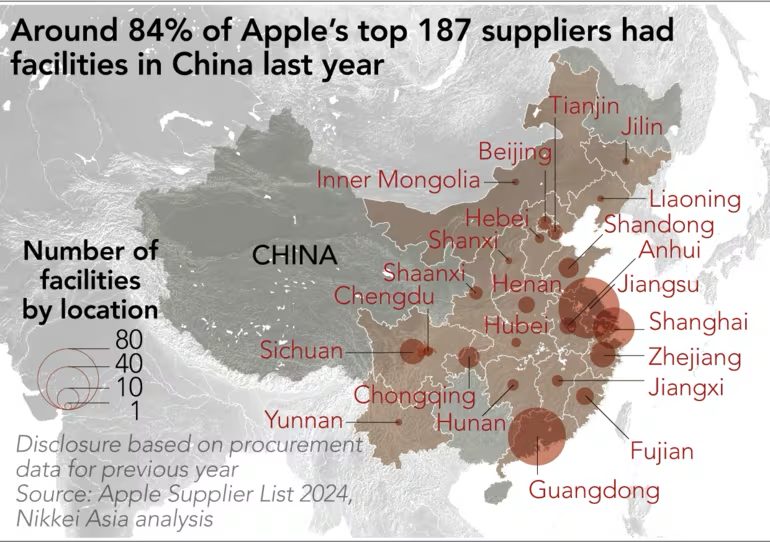
Huawei Mobile Chief Says Its Own Operating System Could Roll Out This Year
Huawei could have its own operating system for smartphones and laptops ready for use in China by fall this year.

According to a report from CNBC, Huawei’s mobile business chief executive Richard Yu said the company’s own OS will be able to power its smartphones, computers and several other gadgets. The international version of the system could be ready in the first or second quarter of 2020, he said.
Users outside of China will have to wait a little longer, as Yu said the software would be ready by Q1 or Q2 of 2020. He added that Huawei‘s own app store, called the App Gallery, would be available on the new OS.
Yu added that the company would rather not implement its own OS over Google’s Android.
“We don’t want to do this but we will [be] forced to do that because of the U.S. government. I think the U.S., this kind of thing, will also not only be bad news for us, but also bad news for the U.S. companies because we support the U.S. business, so we will be forced to do this on our own,” Yu said. “We don’t want to do this but we have no other solution, no other choice.”
Although there has been a long line of developers and operating systems seeking to break the duopoly – Microsoft with its Windows Mobile OS, Samsung’s Tizen system, and Nokia’s Symbian platform – Android and Apple‘s iOS still have a virtual duopoly today.
“Huawei does have backup systems but only for use in extenuating circumstances. We don’t expect to use them, and to be honest, we don’t want to use them,” said a Huawei spokesperson on Thursday. “We fully support our partners’ operating systems – we love using them and our customers love using them. Android and Windows will always remain our first choices.”
The U.S. government last week placed Huawei and its affiliates on a trade blacklist that restricts the company from buying services and parts from U.S. companies without approval. President Donald Trump also signed an executive order barring U.S. companies from using telecommunications equipment made by firms posing a national security risk. The move was widely perceived by China as an attempt to contain the rise of its technological capabilities.
